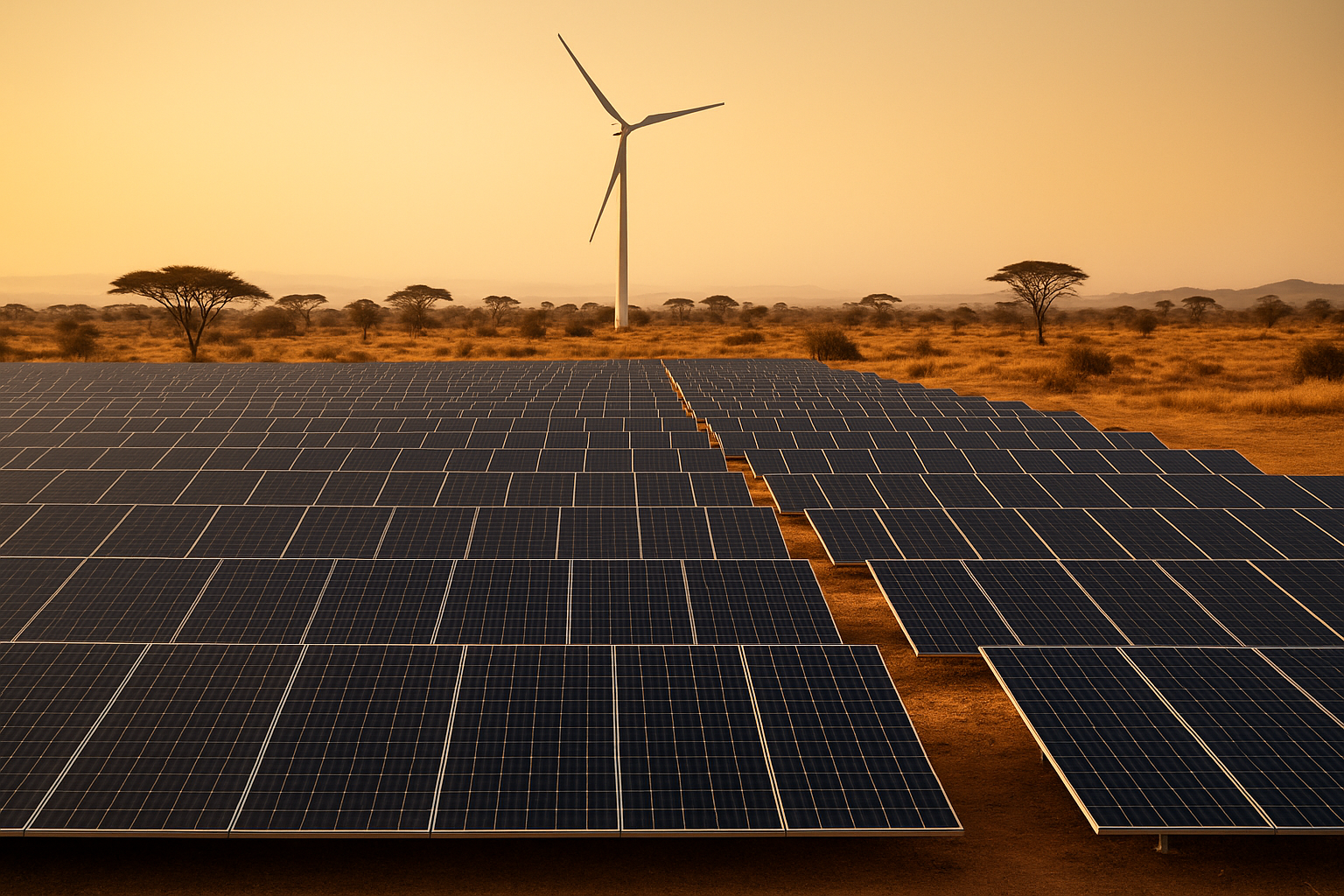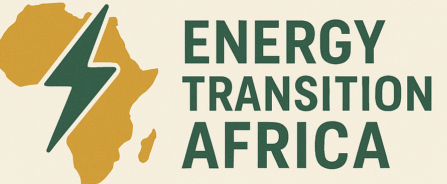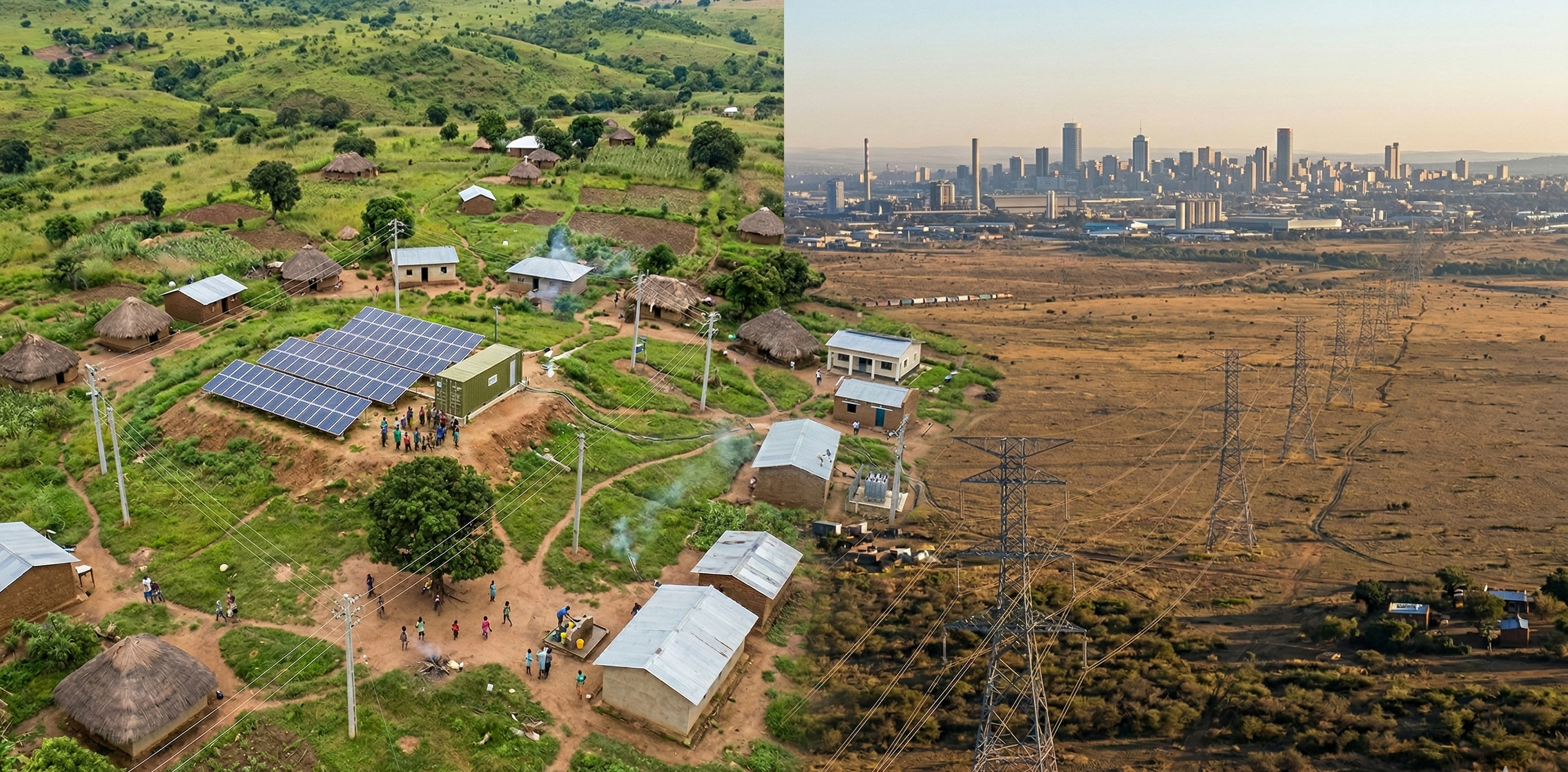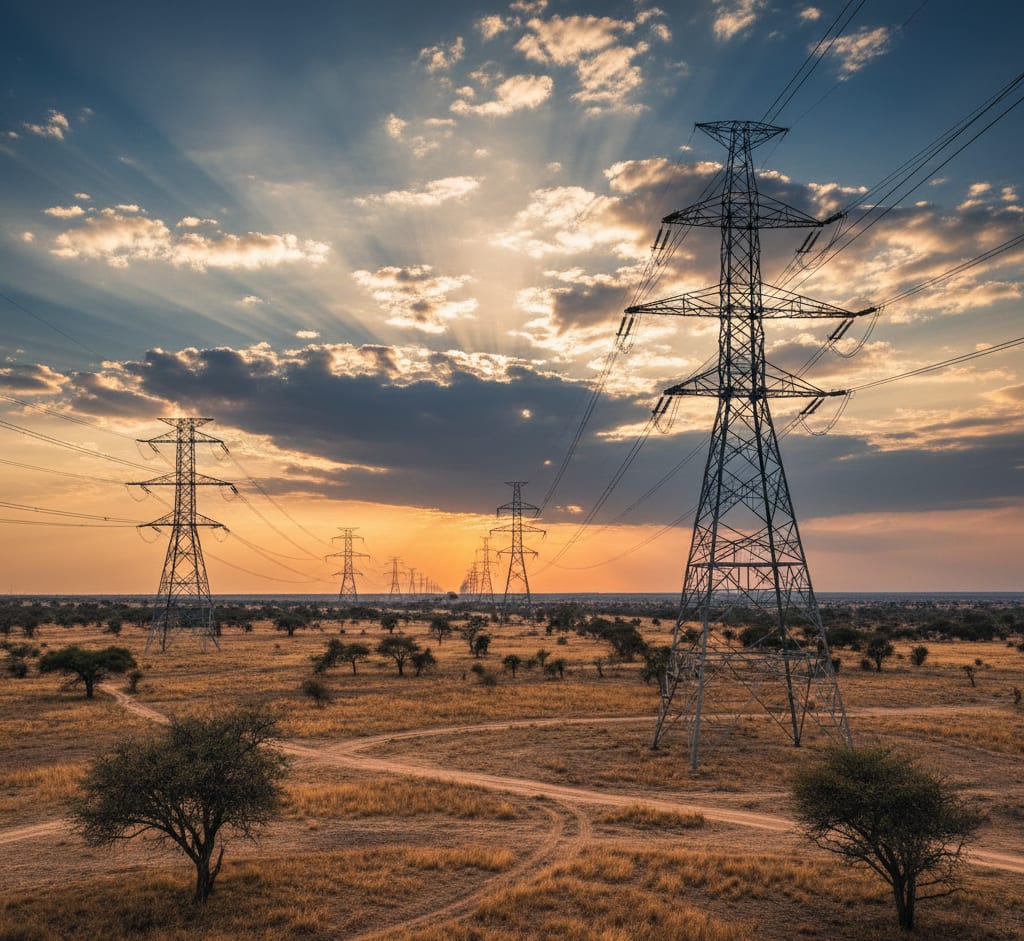Beyond the Buzzwords: Why Africa’s Energy Transition Must Centre People, Not Just Technology

Across conference halls, government roundtables and investor summits, the phrase “energy transition” echoes with growing urgency. Africa is expected to move from energy poverty into a renewable-powered future. Solar mini-grids, wind farms and gas plants dominate the vision. But amid all this excitement, one voice is often missing, the voice of the people. The transition must not only be technological, it must be just. For many on the continent, the risk is not being left behind by technology, but being run over by it.
The Big Picture: Renewable Ambition Meets Unequal Realities
Africa contributes just 3.8% to global greenhouse gas emissions, yet it bears the heaviest cost of climate change, from droughts in the Sahel to floods in Mozambique. The continent holds 60% of the best solar resources globally, but accounts for only 1% of installed solar capacity.
This glaring disconnect has prompted ambitious plans. The African Union’s Agenda 2063 envisions a low-carbon, climate-resilient future. Nationally Determined Contributions (NDCs) under the Paris Agreement offer blueprints. Programmes like the Desert to Power initiative by the African Development Bank aim to light up the Sahel with solar energy.
But technology alone does not deliver justice. A wind farm may supply power to a capital city while nearby rural communities remain off-grid. A hydro dam may flood indigenous lands in the name of clean energy. Without inclusive governance, the green transition risks becoming another elite project.
The Role of Civil Society: From Watchdogs to Co-Architects
Civil society across Africa has played a vital role in pushing for energy access, equity and environmental integrity. Organisations like Power Shift Africa, WoMin, and Natural Justice have documented how communities are often excluded from decision-making, even when transitions affect their land, water or livelihoods.
There are growing calls for “Energy Democracy”, the idea that people, not just corporations or governments, should shape energy systems. This means informed consent, transparent procurement, community ownership of energy assets, and policies that put social outcomes ahead of megawatts.
In Kenya, community solar cooperatives are proving that decentralised, citizen-owned energy is not a fantasy. In Nigeria, youth-led groups are using solar tech to train women in entrepreneurship. But these success stories need scaling, policy backing and, crucially, finance.
Follow the Money: Financing Justice, Not Just Infrastructure
According to the International Energy Agency, Africa needs over $190 billion in annual energy investment between now and 2030 to meet its energy and climate goals. Currently, less than 15% of global climate finance reaches Africa, and most of it goes to mitigation, not adaptation or local ownership.
Worse still, large chunks of financing are channelled through loans. Many African countries already face severe debt burdens. Civil society actors argue that climate finance must shift from loans to grants and be directly accessible to local actors. If not, the transition could deepen inequality rather than alleviate it.
Projects such as the Just Energy Transition Partnership (JETP) initially promised to mobilise billions for countries like South Africa. But the recent withdrawal of the United States from the South African JETP has cast doubt over such pledges, raising fears of unreliable partnerships and shifting priorities.
Land, Labour, and Legacy: Lessons from the Coal Phase-Out
As South Africa begins closing down coal plants under its energy transition plans, tensions have flared in coal towns like Mpumalanga. Workers worry about job losses. Communities fear economic collapse. These fears are not irrational.
A just transition is not merely about building solar plants, it is about supporting workers in dying sectors, retraining them, and investing in new livelihoods. The South African government’s Just Transition Framework is a promising start, developed with input from labour, business and civil society.
However, implementation is where the real test lies. The framework must be matched with funding, clarity, and a participatory approach that builds public trust. Other countries eyeing fossil fuel phase-outs must take note.
Women and the Energy Transition: From Margin to Centre
Energy access is a gendered issue. Women and girls in rural Africa spend hours collecting firewood, exposing themselves to health risks and lost opportunities. Yet women are often underrepresented in energy planning, investment and policy-making.
Groups like ENERGIA have shown that empowering women as clean energy entrepreneurs can rapidly scale access while promoting gender equity. Governments and donors must ensure that gender is not an afterthought in energy transition planning. This means data disaggregation, gender budgeting, and meaningful participation at every level.
Regional Coordination: Think Local, Act Continental
Africa’s transition cannot be piecemeal. Cross-border power pools, such as the Southern African Power Pool and West African Power Pool, offer the promise of shared generation and distribution.
But infrastructure gaps, regulatory fragmentation, and political distrust have slowed progress. The African Continental Free Trade Area (AfCFTA) provides a new lever for coordinated planning, especially on energy trade, equipment manufacturing, and knowledge transfer.
Africa must define its own transition pathway, not as a passive recipient of technology, but as an active architect of sustainable systems rooted in local context.
Conclusion: Power to the People, Not Just the Grid
Africa’s energy transition must be more than an engineering feat, it must be a social contract. One where communities are seen not as obstacles or beneficiaries, but as co-creators. Where access is not just about plugging into a grid, but unlocking opportunity, dignity and agency.
If done right, this transition could heal the colonial scars of extractive development. If mishandled, it could entrench new forms of inequality in green packaging.
As civil society, we must keep asking: who owns the power? Who decides where it goes? And who carries the cost? Because the answers to those questions will shape not just Africa’s energy future, but its democratic future too.
🔗 Explore more reflections at EnergyTransitionAfrica.com



